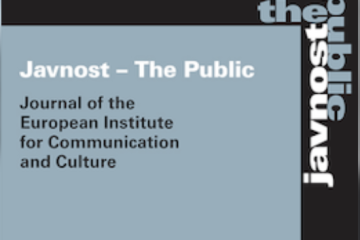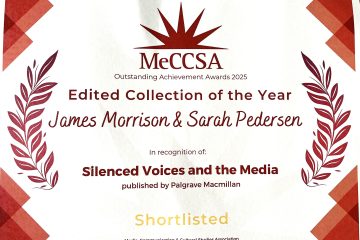As part of our ongoing research, members of our UK-team have submitted written evidence to a committee inquiry of the British Parliament. The inquiry on “Local bus services in England” asked for evidence on public transport across England to be submitted by 3 July 2025. Following on from the national bus strategy for England, Bus Back Better, published in 2021, this inquiry aimed to evaluate whether key aims of the strategy had been achieved, namely whether it had made buses “more frequent, reliable, better coordinated and cheaper” as outlined in the select committee’s call for evidence here.
Research as part of the Voices project has revealed that a lack of bus services and related barriers to local mobility affect those living in deindustrialised areas in multiple ways. As a lack of public transport, mobility and access to crucial services disproportionally affects those in deprived and marginalised areas, submitting evidence informed by our ongoing fieldwork was important to us – it provided a way of having the voices of our participants heard on matters that negatively impact their daily lives. Thus, Lilleker and Dinger argue in their written statement (published here) that local bus services are essential in enabling access to important support services and in connecting local communities. They outline that unreliable public transport and/or a lack thereof in post-industrial communities means that members of the community become more isolated, have issues going to and from work and/or socialise, are unable to access and contribute to the local economy through shop visits, and are unable to access crucial health and welfare services. As a result, residents are more likely to suffer from isolation, poor mental and physical health, poor access to support services, jobs, training and leisure activities. In addition, those who cannot afford car travel and/or taxi fares are further disadvantaged and excluded from public life.
In the UK, select committees of the House of Commons publish a call for evidence, inviting statements from the public on specific issues. Members of the public, namely professionals, experts, and those with personal experiences relating to specific topics, such as public transport, are invited to submit written statements addressing the topic the committee is reviewing through its inquiry. The submitted evidence informs the recommendations for improvement the committees make to the UK Government. Specifically, written evidence is used to compile a formal report to the UK Government, to which the Government needs to respond, and is published online, so it is widely accessible. The recommendations made inform policy making through the UK Government.


